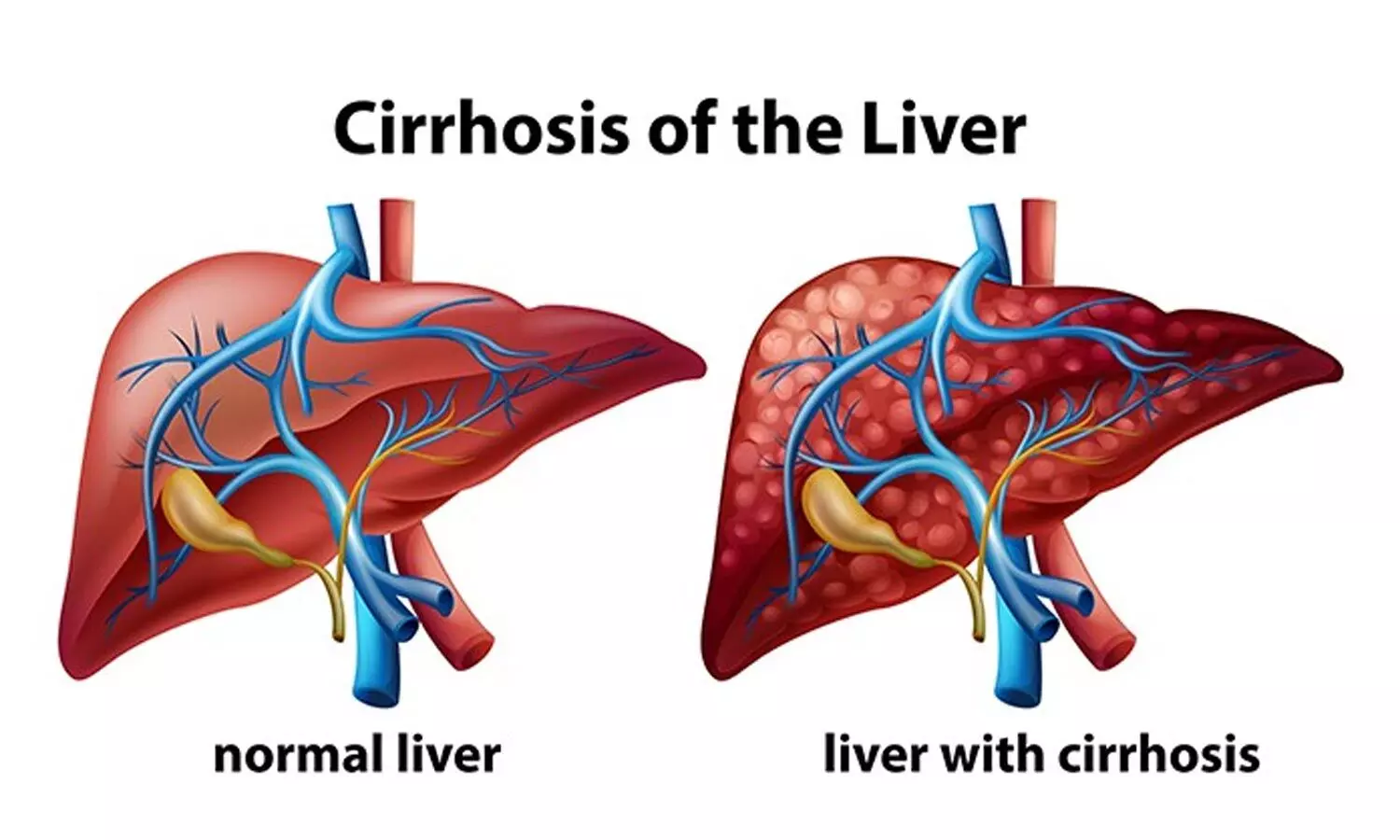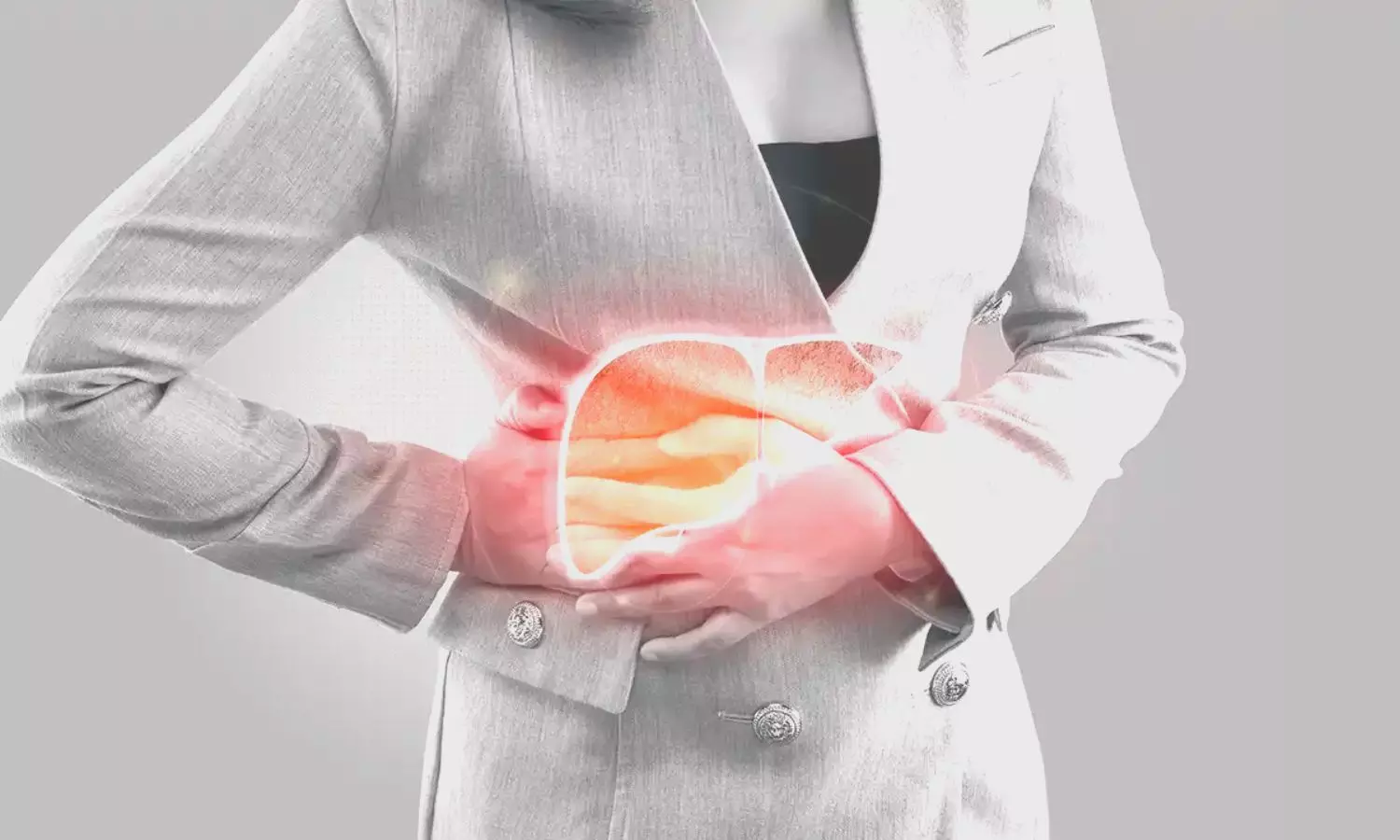- Home
- Medical news & Guidelines
- Anesthesiology
- Cardiology and CTVS
- Critical Care
- Dentistry
- Dermatology
- Diabetes and Endocrinology
- ENT
- Gastroenterology
- Medicine
- Nephrology
- Neurology
- Obstretics-Gynaecology
- Oncology
- Ophthalmology
- Orthopaedics
- Pediatrics-Neonatology
- Psychiatry
- Pulmonology
- Radiology
- Surgery
- Urology
- Laboratory Medicine
- Diet
- Nursing
- Paramedical
- Physiotherapy
- Health news
- Fact Check
- Bone Health Fact Check
- Brain Health Fact Check
- Cancer Related Fact Check
- Child Care Fact Check
- Dental and oral health fact check
- Diabetes and metabolic health fact check
- Diet and Nutrition Fact Check
- Eye and ENT Care Fact Check
- Fitness fact check
- Gut health fact check
- Heart health fact check
- Kidney health fact check
- Medical education fact check
- Men's health fact check
- Respiratory fact check
- Skin and hair care fact check
- Vaccine and Immunization fact check
- Women's health fact check
- AYUSH
- State News
- Andaman and Nicobar Islands
- Andhra Pradesh
- Arunachal Pradesh
- Assam
- Bihar
- Chandigarh
- Chattisgarh
- Dadra and Nagar Haveli
- Daman and Diu
- Delhi
- Goa
- Gujarat
- Haryana
- Himachal Pradesh
- Jammu & Kashmir
- Jharkhand
- Karnataka
- Kerala
- Ladakh
- Lakshadweep
- Madhya Pradesh
- Maharashtra
- Manipur
- Meghalaya
- Mizoram
- Nagaland
- Odisha
- Puducherry
- Punjab
- Rajasthan
- Sikkim
- Tamil Nadu
- Telangana
- Tripura
- Uttar Pradesh
- Uttrakhand
- West Bengal
- Medical Education
- Industry
Lowering meat intake and increasing plant-based meals may benefit cirrhosis patients

In a groundbreaking study, researchers have shed light on the potential impact of dietary preferences on cirrhosis and hepatic encephalopathy (HE), revealing that simple dietary changes may have a significant influence on the health of cirrhosis patients. The study investigated the interactions between the gut microbiome and diet, particularly focusing on the role of meat-based diets prevalent in Western populations. The results indicate that substituting just one meat-based meal with an equicaloric and equal protein-containing plant-based alternative could lead to improvements in ammonia levels and metabolite profiles in cirrhosis patients following meat-based diets.
The trial results were presented at the Plenary session of Annual meeting of ACG conducted between October 20-25, 2023.
The interplay between diet and the gut microbiome has the potential to influence ammonia genesis in cirrhosis and hepatic encephalopathy (HE). However, the influence of dietary choices on metabolomics in cirrhosis and HE remains uncertain. Given the prevalent meat-based diets in Western populations, researchers conducted a randomized clinical trial to investigate the effects of replacing a meat-based meal with an equicaloric, plant-based (vegan/vegetarian) alternative with equal protein content on ammonia levels and metabolomics in outpatients with cirrhosis following meat-based diets.
Patients were randomized into three groups, each receiving an equicaloric burger with 20g of protein. The groups consisted of a vegan (V), vegetarian (VG), and meat-based (M) diet. Blood samples for metabolomics were drawn at baseline and hourly for three hours post-meal while patients were fasting and under observation. Baseline stool microbiome characteristics, ammonia levels, and metabolite profiles were compared among the three groups.
Key Findings:
- The trial enrolled 30 male patients, with 5 in each group having a prior history of HE. No baseline differences were observed between the groups.
- Stool Microbiome: The analysis revealed that the stool microbiome was similar across all three groups, with no significant changes in α/β-diversity or individual bacteria.
- Ammonia Levels: Notably, ammonia levels increased above baseline in the meat-based (M) group but remained stable in the vegan (V) and vegetarian (VG) groups.
- Metabolomics: The most striking findings emerged from the metabolomics analysis, where significant differences were observed in over 3,000 metabolites. Of these, 106 metabolites differed between the M and V groups, 71 between the M and VG groups, and 45 between the V and VG groups. The M group displayed higher levels of phospholipid/ceramide, methionine, and 5-hydroxylysine compared to the V group. Additionally, the M group had elevated long-chain fatty acid, sphingolipid, acylcarnitine metabolites, and phosphatidylcholine levels compared to the VG group, but lower lysophosphatidylcholine levels than both the V and VG groups. The V group exhibited higher N-acyl amino acid levels compared to the M and VG groups.
The study's findings suggest that the simple substitution of one meat-based meal with a plant-based alternative may lead to improved metabolite signatures associated with HE in cirrhosis patients. Notably, the observed changes occurred despite similar baseline microbiome profiles among the groups. Therefore, the incorporation of plant-based meals in the diet of cirrhosis patients who typically follow a Western meat-based diet could be a promising approach to improve their overall health. These findings open up exciting possibilities for dietary interventions in the management of cirrhosis and HE. Further research and clinical trials are warranted to explore the long-term effects of such dietary changes and their potential to improve the quality of life for cirrhosis patients.
Further reading: 39 - Plant-Based Meals Generate Lower Ammonia and Have a Unique Metabolomic Signature Compared to Meat-Based Meals Despite Similar Baseline Microbiome in Patients with Cirrhosis: A Randomized Clinical Trial. Plenary Session 3A - Liver
BDS, MDS
Dr.Niharika Harsha B (BDS,MDS) completed her BDS from Govt Dental College, Hyderabad and MDS from Dr.NTR University of health sciences(Now Kaloji Rao University). She has 4 years of private dental practice and worked for 2 years as Consultant Oral Radiologist at a Dental Imaging Centre in Hyderabad. She worked as Research Assistant and scientific writer in the development of Oral Anti cancer screening device with her seniors. She has a deep intriguing wish in writing highly engaging, captivating and informative medical content for a wider audience. She can be contacted at editorial@medicaldialogues.in.
Dr Kamal Kant Kohli-MBBS, DTCD- a chest specialist with more than 30 years of practice and a flair for writing clinical articles, Dr Kamal Kant Kohli joined Medical Dialogues as a Chief Editor of Medical News. Besides writing articles, as an editor, he proofreads and verifies all the medical content published on Medical Dialogues including those coming from journals, studies,medical conferences,guidelines etc. Email: drkohli@medicaldialogues.in. Contact no. 011-43720751




